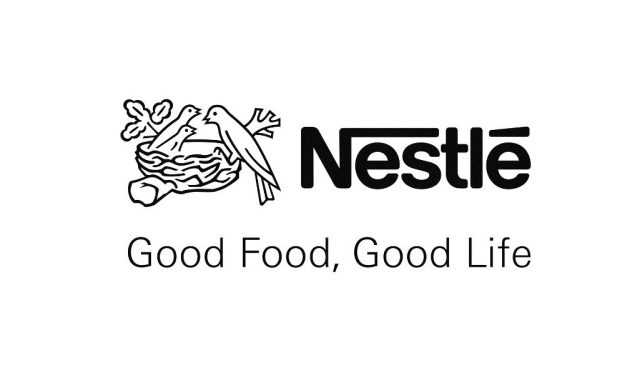VEVEY, Switzerland – Nestlé is investing over CHF 100 million by 2030 in low-carbon logistics for its three international water brands – S. Pellegrino, Acqua Panna and Perrier. This investment will focus on optimizing logistics routes and accelerating train transport, increasing the use of alternative fuels and transportation options and testing innovative alternative transportation options. By eliminating unnecessary journeys and shifting towards alternative modes of transport, Nestlé’s international water brands will be able to reduce their total greenhouse gas emissions and contribute to Nestlé’s 2050 net zero commitment.
The vast majority of Nestlé’s international water brands’ emissions come from logistics and packaging (scope 3), according to a lifecycle assessment peer-reviewed by Quantis, a leading environmental sustainability consultancy.
These brands have already reduced their total greenhouse gas emissions by an average of 10 percent over the last decade and had set the goal to achieve carbon neutrality by the end of 2022.
Nestlé Waters will prioritize further emissions reductions as the most impactful way these brands can contribute to the Nestlé Group’s net zero ambition and achieve the greatest long-term emissions impact, instead of carbon neutrality certification. Reducing greenhouse gas emissions in logistics requires systemic change and collaboration across the supply chain.
Optimizing routes and accelerating train transport
Together with its logistics partners and customers, Nestlé Waters is reducing the number of truck journeys by optimizing payloads and routes. It will provide customers with fewer, but bigger, shipments and use more rail transportation across Europe, the continent where Nestlé Waters has its biggest environmental footprint.
In fact, by 2021, Nestlé Waters converted 30% of its European logistics from road to rail. In France, Nestlé Waters launched new rail routes for Perrier, saving an estimated 12 000 tonnes of CO2 equivalent per year by the end of 2022. The business is also working with partners to roll out a hydrogen – powered train route in France by 2025. That route will help reduce CO2e by an estimated 10 000 tonnes per year – a reduction of 90% of its current emissions, the equivalent of more than 30 000 round trips from Paris to Nice by car each year.
Rail transportation of S. Pellegrino and Acqua Panna brands has also enabled a reduction of between 800 and 1 700 tons of CO2.
Increasing the use of alternative fuels and transportation options
Together with its logistics and fuel suppliers, Nestlé Waters is scaling up the use of biofuels, including Bio-LNG (liquefied natural gas made from processed organic waste), in trucks and other types of biofuels in ocean freight logistics to North America. Using biofuels requires a shift to bio-LNG -powered vehicles and the development of supply and refueling infrastructure. Partners of Nestlé Waters in Italy and Germany have started incorporating this technology in their logistic operations.
Nestlé Waters is piloting the use of full battery electric vehicles in Europe to assess their durability and usability. These pilots include the use of three new fully electric heavy goods trucks (HGVs) – some of the first of their kind – in Germany, Italy and Switzerland. Nestlé Waters is a founding member of the European Clean Trucking Alliance, together with other shippers, transport companies and representatives of civil society. The Alliance aims to accelerate the decarbonisation of road freight in Europe. Over the last three years, Nestlé Waters has been helping the Alliance gain more and more momentum.
“Transportation options like these can be a game-changer for the logistics industry, as up to now, electric solutions have been confined for use in smaller vehicles,” said Svante Palebo, head of Supply Chain for Nestlé’s water category in Europe. “Through investments in innovations that bring together businesses across the value chain, we will help the whole sector drive the systemic change needed to significantly reduce emissions in the future.”
Testing and trialing transport innovations
Together with private sector peers, Nestlé Waters joined the Shipper’s Coalition, a non-profit organization supporting the formation of new wind-powered ships. The coalition is working to scale the use of wind-powered ocean freight for shipping from Europe to the US. It is estimated that these innovative vessels could reduce carbon emissions by roughly 50% versus a conventional ocean freight ship.
Trials and tests like these, in partnership with industries and across different markets, are key to assessing the best options for future scalable solutions. Nestlé Waters encourages others to join its efforts to help the logistics sector shift to low-carbon options.


















